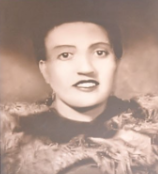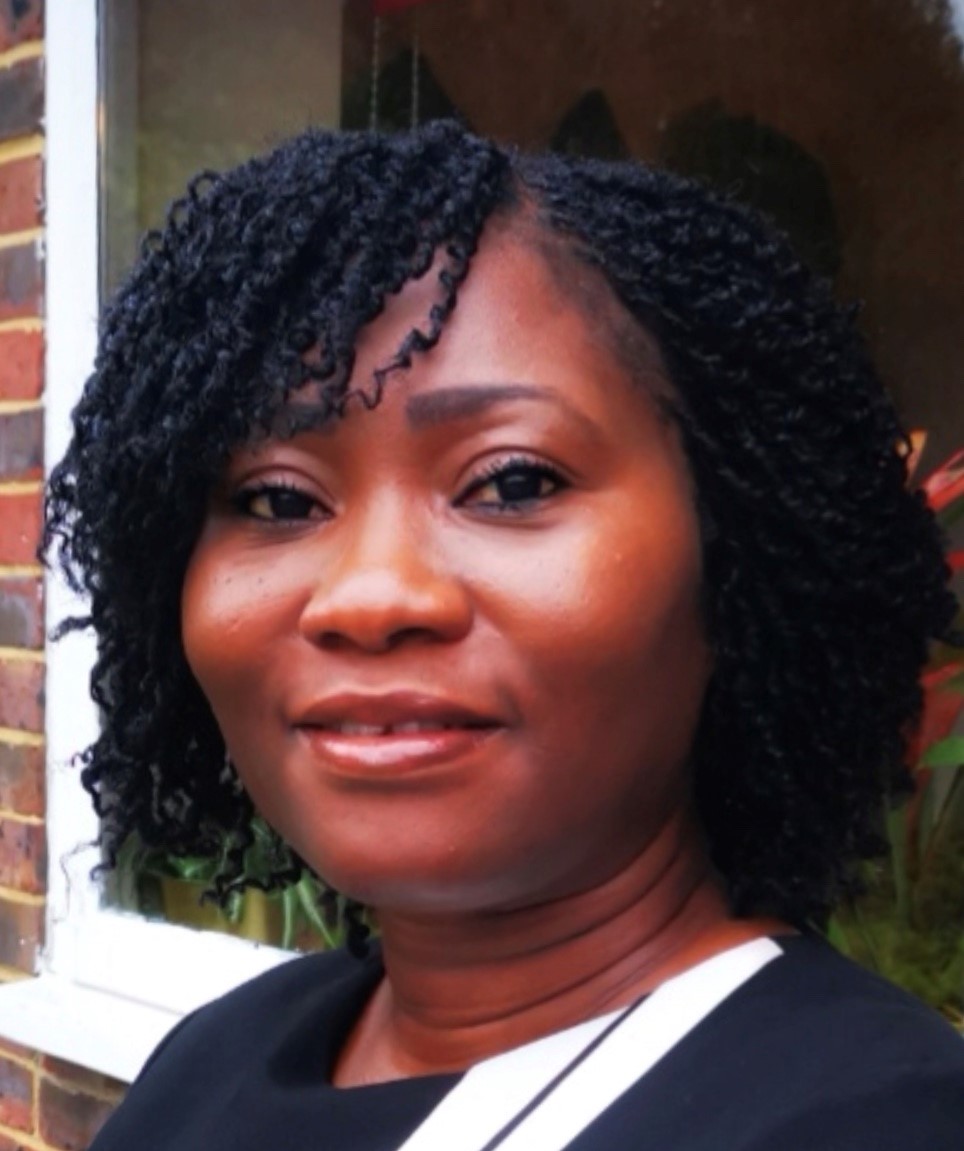It’s the end of September 2020 and my colleagues Leslieann Osborn, Director of Wellbeing and Community Engagement and Cintia Bailey, Senior Communications Manager, are suggesting activities to celebrate Black History Month in October. We agree to hold a virtual Book Club and one of the suggested books is The Immortal Life of Henrietta Lacks by Rebecca Skloot. I knew nothing about Henrietta Lacks, never heard about her name before, but decided to buy the audio version to listen to during my daily drive to Dartford and Gravesham NHS Trust.
Henrietta Lacks was a poor black woman, a 31 year old mother of five, who was a tobacco farmer. She died in 1951 of cervical cancer.

Doctors in John Hopkins hospital in Baltimore took samples of her cancer cells and used it for research without her knowledge or consent, knowing full well that her cells would be valuable. The sample cells were found to have the amazing ability to stay alive and reproduce, thereby making them immortal. Work carried out by various scientists using Henrietta’s immortal cells led to important modern medicine breakthrough in cancer, polio vaccine, cloning, infectious disease, gene mapping and IVF, AIDS, and more recently in research for COVID-19 vaccines (1). Even though Henrietta’s cells became a multimillion dollar industry and an amazing modern medicine revolution, her family did not know anything about this, until more than twenty years after her death. The Immortal Life of Henrietta Lacks is a soul searching real life story of one black woman’s contribution to all of us and several fundamental issues around:
- How the role, strength and contribution of this amazing woman’s cells has been consistently downplayed and/or ignored. This made me think of how many other women – past and present – have made fantastic contributions to the world of nursing, medicine and science and their views and contributions have been ignored. I would love to think that this is a thing of the past but I am not so sure…
- The power of effective communication, where our patients and their families understand what is being said to them by all healthcare professional they come in contact with. Where we as healthcare professionals continue to be the best advocates for our patients?! Standing up for them, making sure they fully understand their diagnosis, prognosis and involving them in the care delivery and decision making.
- The concept of informed consent wasn’t applied in Henrietta’s case because the team at the hospital thought they knew best and would only tell Henrietta what they felt she needed to know. Her medical records with detailed information about the care delivered to her, the state and condition she was in and the detail of the post-mortem carried out were published, again without her family’s consent. Times have fortunately changed and I cannot imagine this happening in 2020 because informed consent is now enshrined as a patient’s right and facilitates collaborative decision making between patients and healthcare providers.
- Racism was endemic in the 40s and it was accepted that Henrietta’s name was changed to Helen Lane so people didn’t know that the amazing immortal cells came from a black woman. The cells are predominately known as HeLa cells. This completely erases Henrietta’s name from the cells, denying her the credit she richly deserves. It’s unsurprising really, given that it occurred at a time when black people had to enter the hospital through the door for blacks-only, and went to the blacks-only wards with much lower standards of care. Listening to all of this in my car, I console myself with the fact that times have changed and thank goodness for that! But what’s sad to hear in this book, is the fact that the health outcomes for black people were poor then and still are today as is evident by “poor health outcomes from COVID-19 more probable among black patients” and other articles (2).
Before listening to this book, my historic female nursing and medical heroes were Florence Nightingale, Mary Seacole and Elizabeth Garrett Anderson. Now I can add Henrietta Lacks to this list. She made an amazing contribution to medical science and although it wasn’t recognised at the time, she is belatedly getting the recognition she deserves. Now don’t get me started on Lewis Latimer…!
References
- Ou, X., Liu, Y., Lei, X. et al. Characterization of spike glycoprotein of SARS-CoV-2 on virus entry and its immune cross-reactivity with SARS-CoV. Nat Commun 11, 1620 (2020). https://doi.org/10.1038/s41467-020-15562-9
- Pablo N Perez-Guzman, Anna Daunt, Sujit Mukherjee, Peter Crook, Roberta Forlano, Mara D Kont, Alessandra Løchen, Michaela Vollmer, Paul Middleton, Rebekah Judge, Christopher Harlow, Anet Soubieres, Graham Cooke, Peter J White, Timothy B Hallett, Paul Aylin, Neil Ferguson, Katharina Hauck, Mark R Thursz, Shevanthi Nayagam, Clinical Characteristics and Predictors of Outcomes of Hospitalized Patients With Coronavirus Disease 2019 in a Multiethnic London National Health Service Trust: A Retrospective Cohort Study, Clinical Infectious Diseases, , ciaa1091, https://doi.org/10.1093/cid/ciaa1091

Evonne Hunt
Evonne Hunt is the Deputy Chief Nurse at Dartford and Gravesham NHS Trust. She has over 20 years nursing and leadership experience, with a passion for nursing, staff development and quality matters. She has previously held a number of senior nursing, quality governance and risk management roles in acute, mental health, community and commissioning organisations in the NHS and private sector. Throughout her leadership roles, Evonne has remained an active clinician on the wards to stay close to hand-on patient care.
Declaration of interests
I have read and understood the BMJ Group policy on declaration of interests and declare the following interests: none.